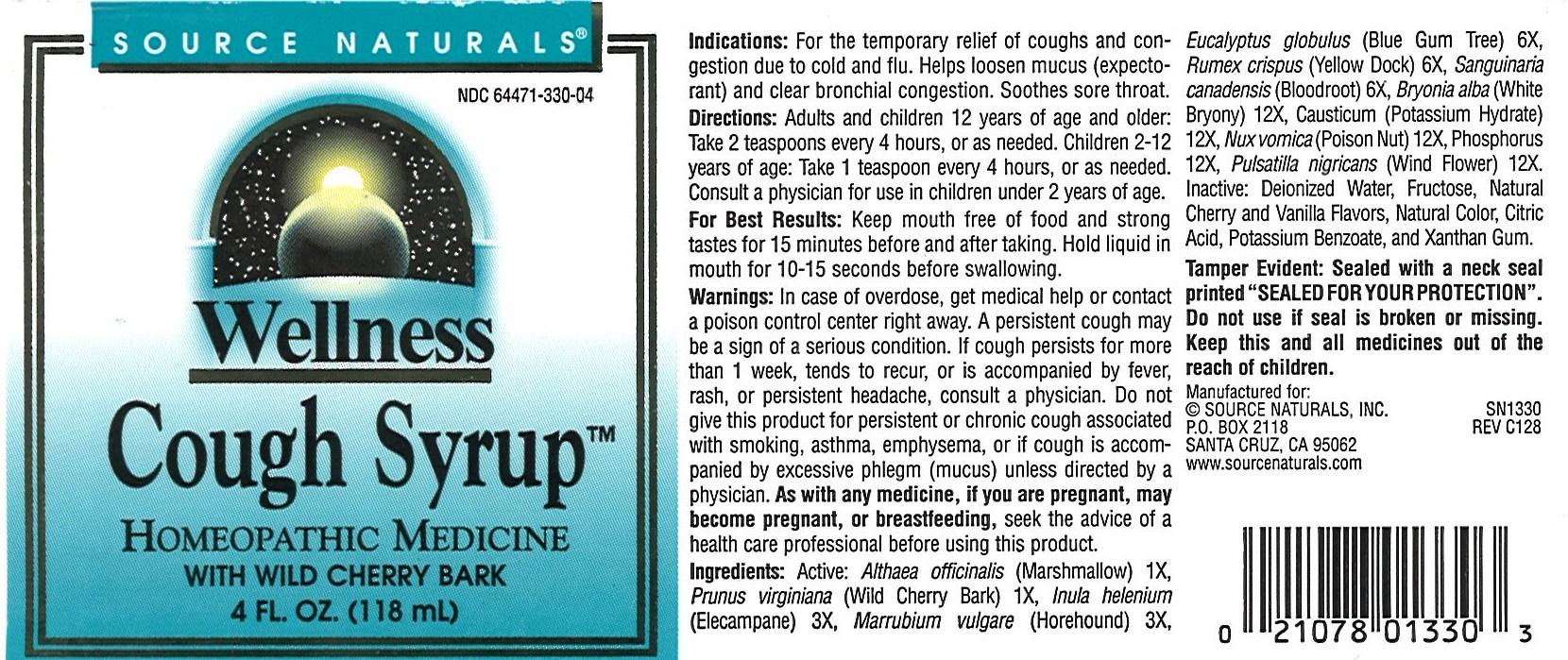
Wellness4cough Syrup Cough Syrup | Althaea Officinalis, Prunus Virginiana, Inula Helenium Syrup while Breastfeeding
What is Wellness4cough Syrup Cough Syrup | Althaea Officinalis, Prunus Virginiana, Inula Helenium Syrup ?
Brief: Homeopathic cough syrup for kids and teens
Can I use Wellness4cough Syrup Cough Syrup | Althaea Officinalis, Prunus Virginiana, Inula Helenium Syrup while breastfeeding?

Wellness4cough Syrup Cough Syrup | Althaea Officinalis, Prunus Virginiana, Inula Helenium Syrup Breastfeeding Analsys
Eucalyptus globulus leaf while Breastfeeding
UnsafeOn last update no relevant published data on breastfeeding were found. Because of essential oil toxicity its use is not recommended except with of an occasional and moderate manner. Produces a change in odour and flavour of milk that may cause rejection by the infant. When topically used it is safe while breastfeeding provided it is not applied on the nipple. Leaves of tree are used. Contains essential oil (Eucalyptol), tannins, terpenes, flavonoids, phenolic acids. Suggested properties (not clinically tested): Expectorant, Mucolytic, Anti-septic. Eucalyptol is neurotoxic and may induce seizures. An over-dosing is potentially lethal. Not indicated for children under 4 years old.
Strychnos nux-vomica seed while Breastfeeding
DangerousCAS Number: 8046-97-7
Dried seed of this plant has been used. It contains brucine and strychnine. It is highly toxic and easily lethal.
Wellness4cough Syrup Cough Syrup | Althaea Officinalis, Prunus Virginiana, Inula Helenium Syrup Breastfeeding Analsys - 2
Pulsatilla vulgaris while Breastfeeding
Pulsatilla (Anemone pulsatilla and other related species) contains ranunculin, protoanemonin, and anemonin as well as triterpene saponins and flavonoids. The fresh plant is extremely irritating to the skin, gastrointestinal tract and mucous membranes. Allergic reactions have been reported to pulsatilla. Homeopathic preparations of pulsatilla are reportedly used for sore nipples and mastitis,[1] to reduce an overabundant milk supply,[2] or to increase milk supply.[3] Galactogogues should never replace evaluation and counseling on modifiable factors that affect milk production.[4] No scientifically valid clinical trials support either of these uses. Because of a lack of information, other agents may be preferred in nursing mothers. Dietary supplements do not require extensive pre-marketing approval from the U.S. Food and Drug Administration. Manufacturers are responsible to ensure the safety, but do not need to the safety and effectiveness of dietary supplements before they are marketed. Dietary supplements may contain multiple ingredients, and differences are often found between labeled and actual ingredients or their amounts. A manufacturer may contract with an independent organization to verify the quality of a product or its ingredients, but that does certify the safety or effectiveness of a product. Because of the above issues, clinical testing results on one product may not be applicable to other products. More detailed
Wellness4cough Syrup Cough Syrup | Althaea Officinalis, Prunus Virginiana, Inula Helenium Syrup Breastfeeding Analsys - 3
Phosphorus and Breastfeeding
SafeNext to calcium, phosphorus is the most abundant mineral in the body, making up about 1% of total body weight. Calcium, which gives strength to bones and teeth, needs to be combined with another mineral, such as phosphorous, to become stabilized before it can be effective.
Phosphorus also helps to release energy from food as it plays an important role in the metabolism of carbohydrate, fat and protein. Phosphorus is naturally found in many food sources and phosphorus supplementation while breastfeeding is mostly safe.
You can easily get all the phosphorus you need from a well-balanced diet (even though most prenatal vitamins dont contain phosphorus). For example, 2 cup of yogurt provides nearly all your phosphorus for the day.
Warning: Consuming high doses of phosphorus for a short time can cause diarrhea or stomach pain. The long term over-consumption of foods high in phosphorus can deplete calcium resources and lead to reduced bone mass, which means that bones are more likely to fracture.Pulsatilla vulgaris and Breastfeeding
Low RiskNote: Mostly safe in Homeopathic preparations
What should I do if I am breastfeeding mother and I am already exposed to Wellness4cough Syrup Cough Syrup | Althaea Officinalis, Prunus Virginiana, Inula Helenium Syrup?
Due to high dilution of ingredients in homeopathic medicines they do not create much problem for baby. Wellness4cough Syrup Cough Syrup | Althaea Officinalis, Prunus Virginiana, Inula Helenium Syrup is a homeopathic medicine and if your baby does not have any abnormal symptoms then there is nothing to worry about. Be careful with too much usage of ethanol based homeopathic medicines during breastfeeding.
My doctor has prescribed me Wellness4cough Syrup Cough Syrup | Althaea Officinalis, Prunus Virginiana, Inula Helenium Syrup, what should I do?
Homeopathic medicines are usually safe in breastfeeding and if Wellness4cough Syrup Cough Syrup | Althaea Officinalis, Prunus Virginiana, Inula Helenium Syrup has been recommended by doctor then there should be no concern about its usage in breastfeeding.
If I am using Wellness4cough Syrup Cough Syrup | Althaea Officinalis, Prunus Virginiana, Inula Helenium Syrup, will my baby need extra monitoring?
Not exactly.
Who can I talk to if I have questions about usage of Wellness4cough Syrup Cough Syrup | Althaea Officinalis, Prunus Virginiana, Inula Helenium Syrup in breastfeeding?
US
National Womens Health and Breastfeeding Helpline: 800-994-9662 (TDD 888-220-5446) 9 a.m. and 6 p.m. ET, Monday through Friday
UK
National Breastfeeding Helpline: 0300-100-0212 9.30am to 9.30pm, daily
Association of Breastfeeding Mothers: 0300-330-5453
La Leche League: 0345-120-2918
The Breastfeeding Network supporter line in Bengali and Sylheti: 0300-456-2421
National Childbirth Trust (NCT): 0300-330-0700
Australia
National Breastfeeding Helpline: 1800-686-268 24 hours a day, 7 days a week
Canada
Telehealth Ontario for breastfeeding: 1-866-797-0000 24 hours a day, 7 days a week
